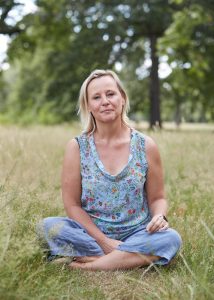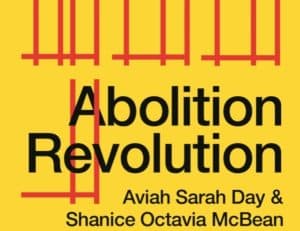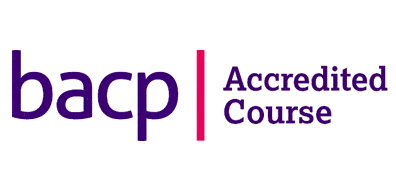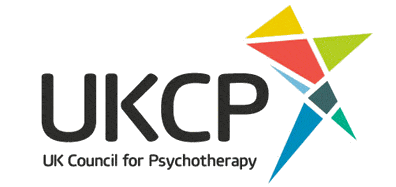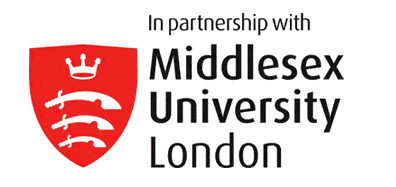Continuing Professional Development
Reclaiming the Body
Trauma Sensitive Yoga for trauma survivors, and their therapists – with Sasha Bates.
With trauma embedded in the body, research shows that talking therapies can only go so far. The Boston Trauma Centre’s research in bodily based, non-verbal ways of working resulted in “Trauma Sensitive Yoga” (TSY) – an enquiring, therapeutic form of yoga helping those with PTSD and complex trauma reacquaint themselves with their bodies.
Read moreSelf Regulation
What is it, why do I need it, and how do I get it? – with Sasha Bates.
Finding ways to influence the nervous system, particularly its sensitivity to threat, increases connection with ourselves and others. In a massively dysregulated world, with therapists more than ever confronted by their own stress and the traumas of their clients, an ability to self-regulate has a huge impact on therapist and client wellbeing.
Read moreWho do we think we are? Exploring gender and sexual identities inside and outside the therapy room – Neil Young
Gender and sexual identity are lenses through which all of us are constantly negotiating our place and meaning in the world, against a background of powerful binaries and stereotypes, most notably male/female and gay/straight. Yet, in recent years there has been a sea change amongst teenagers and young adults, who are increasingly resisting traditional, binary gender identities and not defining themselves as heterosexual.
Using a mixture of creative, open exercises and small and whole group discussion, we will:
-Focus on our own unique gender and sexual identities – connecting to and safely sharing our own feelings, thoughts and experiences from our professional and/or personal lives.
-Explore the reality of lesbian, gay, bi, trans, queer (LGBTQ+) and gender-fluid children and young peoples’ lives and the discrimination they face in the UK and beyond.
Author Q&A: Abolition Revolution – Shanice Octavia McBean
Abolition Revolution by Aviah Sarah Day and Shanice Octavia McBean is a historical, theoretical and practical guide to revolutionary abolitionist politics in Britain. The authors trace the evolution of policing and criminalisation from their colonial roots to their contemporary expression. They also draw out a rich history of grassroots resistance, from the founding of the Notting Hill Carnival in 1959 to transformative responses to repressive community policing today.
The Minster Centre is proud to present a live Q&A session with Abolition Revolution co-author Shanice Octavia McBean, in which she will explore how these issues might inform a psychotherapist’s role.
Read moreCreative Supervision plus Supervision of Supervision
An introduction to using the arts as projective method and using the art image as ‘the third’ in the supervision space – with Roshmi Lovatt.
Participants will have the opportunity to use different creative techniques, including small world objects, drawing/art, movement, drama and puppets.
Please note that this workshop is open to qualified professionals only.
Read moreAttachment for 21st Century Therapists
In this talk, Professor Jeremy Holmes will outline aspects of affective neuroscience with its evidence-based underpinning. Within the rubric of therapeutic relationship, explanatory language, and change promotion, Professor Holmes will try to show how biobehavioural synchrony, embodied mentalising and Friston’s free energy/surprise model can illuminate the everyday work of psychotherapists, and even improve outcomes!
Read moreIntersectionality and Relational Safety in Supervision plus Supervision of Supervision
Led by Reena Shah. Exploring participants’ own intersecting identities, focusing on power dynamics and looking at how these dynamics might show up in our work as supervisors
Read moreCreative Supervision plus Supervision of Supervision
Led by Roshmi Lovatt. An introduction to using the arts as projective method and using the art image as ‘the third’ in the supervision space.
Read moreA Taste of Gestalt Therapy
Gestalt is a German word meaning ‘whole’ in the sense of the whole being a sum of its parts. It has a theory that arises from through the integration of many strands including Kurt Lewin’s field theory,
Read moreFed, Full, Forced, Fed Up – The Work with Eating (dis)Orders
TWO DAY EVENT
Eating (dis)Orders and (dis)Ordered Eating present a challenge to any practitioner on multiple levels. Learning how to identify and work with each presentation can be a daunting task,
Read more- « Previous
- 1
- 2
- 3
- Next »


